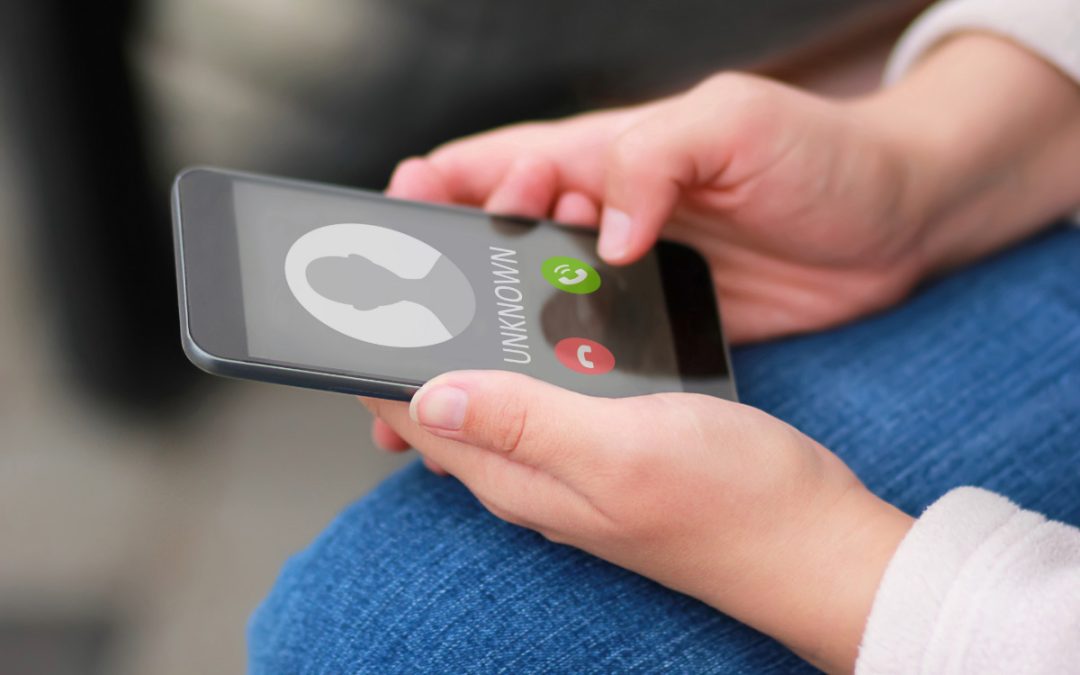A post-Covid world has taught us the need to be flexible in where we work. Whether at home, on a business trip, or a quick stop to check email in your favorite coffee shop using the public internet, working safely while remote may become the norm for employees everywhere. So, the best security practices should always be top-of-mind.
The work from anywhere environment has become a must-have. But it does leave your staff vulnerable to more cybersecurity attacks while online. Most businesses’ office spaces have secure networks keeping things safe. Your staff isn’t protected under the same network when working at home. This leaves your staff vulnerable to security threats like a malware install or phishing attack. Security threats put your employees at risk, and your entire business as well.
So, we put together the best security practices you should be implementing to keep each employee safe in the cyber world. Protect your employees in a work from anywhere environment and mitigate your risks of cybersecurity threats with a plan.
1. Use Strong Passwords
An effective way of protecting your remote staff from security threats is by implementing complex passwords. In 2019, an alarming 42% of companies were breached by a bad password. If you want to protect your employees, email, and company data, try implementing a basic set of password policies:
- Passwords should not contain the username or parts of the user’s full name, such as their first name.
- Passwords must use at least three of the four available character types: lowercase letters, uppercase letters, numbers, and symbols
- Passwords must be a minimum of 8-characters
2. Implement Multifactor Authentication
Multifactor authentication has risen in popularity over the past couple of years and helps provide an added layer of security. If you have sensitive information, having a single password entry can be easy to bypass. Multifactor is the new lock and bolt to secure access to your information. This technology allows users to remember passwords for ease of use while mitigating the risks of password protection. Here is a universal law you should apply to your company:
- Require access to any company system to require multifactor authentication to access that system to keep your information safe
3. Use a VPN for Outside Access to Your Systems
If your team is going to be remote, chances are they will be on public networks often. This is where a VPN (Virtual Private Network) is essential! VPNs allow you to transfer data and information on a protected network with your firewall that provides an added layer of security. Some main benefits of using a VPN is it allows you to:
- Creates a direct encryption link to protect file access on public networks
- Allows remote access to inhouse applications
- Hides business devices on public networks
4. Encrypt Sensitive Data in Email and on Company Devices
Your sensitive information is more at risk in a remote cyber environment. Encrypting your information before sending it to your staff will help prevent breaches of your confidential data. Hackers will need an encryption key to access your emails. Here are some practices to put in place to keep your small business safe while remote:
- Encrypt sensitive email to prevent unintended access to sensitive information
- Encrypt company devices to help prevent access to data when a device is lost or stolen
5. Centralize and Control Your Data (AKA Data Governance)
Nothing is more difficult than having files and data spread across multiple systems. Therefore, it is key to centralize all your applications and information for ease of access and tracking. Here are some core reasons why you should be using a centralized storage system:
- Centralizing company data makes it more manageable
- Implementing your organization’s data governance policy helps define how your organization works with company data, who has permission to access it in which department, and any sensitive classifications
- Create a Zero-Trust policy to prevent access to information unless authorized
Added Recommendation: Stay current on system and software updates/patches for systems
Keeping your systems up to date is key to preventing common threats to your organization. Hackers are always looking for new ways to breach systems. Checking for updates let you resolve these issues before hackers get in. Downtime due to breaches can come at an ugly cost. So always keep your systems update by checking your Software and Firmware.
Keep your small business safe with these best security practices. Having hackers access your data can affect your businesses’ entire infrastructure. Do not let the pandemic be a gateway for hackers to take advantage of remote employees. Use these practices today!




